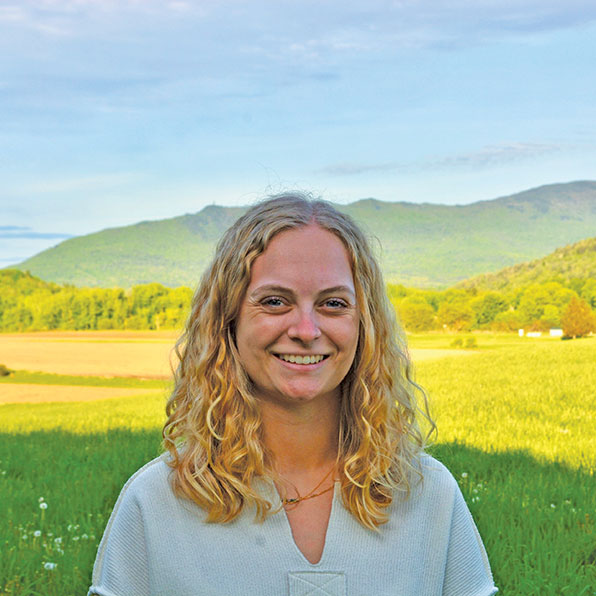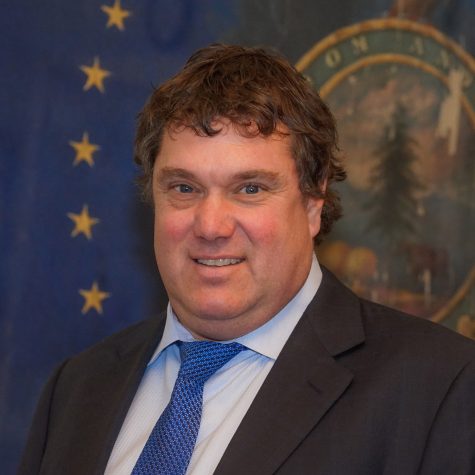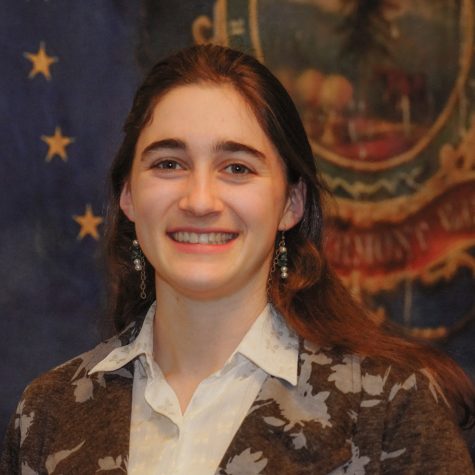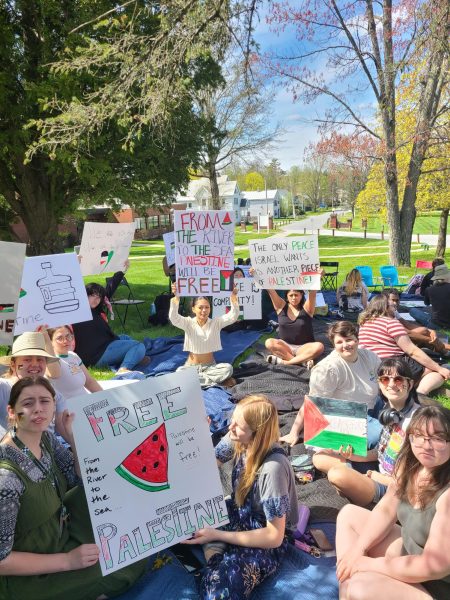House looks at election changes

Lucy Boyden
One that proposes miscellaneous changes to elections has recently gained attention in and outside of the Statehouse. This bill has gone through multiple drafts and has evolved after witness testimony, committee discussion and deliberation. Typically, a miscellaneous bill updates past legislation to best fit current needs. However, this bill brings on some new ideas. Here’s some of what is included:
• Sore loser law: This would prohibit any candidate who appears on a major party primary ballot from appearing on the general election ballot after not receiving the party’s nomination.
• Raising campaign contribution limits: Current law limits the amount a candidate running for statewide office can contribute to a party to $10,000. This bill looks to raise this cap to $100,000 to increase transparency and reduce the possibility of questionable campaign finance activity within statewide campaigns.
• Order of nominations: Unlike many other states, Vermont allows for fusion candidates. These are candidates who receive multiple party nominations. This bill looks to adjust the order in which they appear on the general election ballot, as follows: the major party for which the candidate filed with and had their name printed on the ballot n the primary election; any major party the candidate won by write-in votes; and any major or minor party that nominated the candidate through the filling of a vacancy.
Primary write-in candidate minimum thresholds: This makes the threshold of the required number of write-in votes for a primary the greater of 50 votes or 10 percent of the votes cast in that primary election.
• Electronic return of ballots: We currently electronically send ballots to voters in the military and overseas, as well as some voters with disabilities. Town clerks will use the accessible voting system already in place at polling places to print ballots for Vermonters with a disability, combined with a secure portal administered by the secretary of state, to facilitate electronic ballot returns in a way that keeps tabulation completely disconnected from the internet.
Compelling testimony was given by an Essex resident with adult children deployed overseas who often did not have access to printers or mail that could get a printed ballot back in time.
Lucy Boyden, a Democrat from Cambridge, also represents Waterville in the Vermont House of Representatives.





